Table of Contents
- 1. Introduction to Primary School Mental Health Policy
- 2. Initiatives to Promote Mental Health
- 3. Strategies for Building Emotional Well-being
- 4. Providing Support Systems
- 5. Training and Resources for Educators
- 6. Community Partnerships
- 7. Evaluating Mental Health Policies
1. Introduction to Primary School Mental Health Policy
Explore the importance of addressing mental health in primary schools, understanding the impact it has on students' academic performance and overall well-being. Learn about the key elements of a comprehensive mental health policy.
2. Initiatives to Promote Mental Health
Discover various initiatives and programs that primary schools can implement to promote mental health. This section discusses strategies such as peer support groups, mindfulness activities, and anti-bullying campaigns.
Mental Health Policy
The primary school recognizes the importance of mental health in the overall well-being and academic success of its students. As part of our commitment to fostering a supportive and inclusive learning environment, we have implemented several initiatives to promote mental health among our students.
1. Mental Health Education
We believe in empowering our students with the knowledge and skills needed to maintain good mental health. We have integrated mental health education into our curriculum, teaching students about emotions, stress management, self-care, and building resilience. This enables them to better understand their feelings, recognize the signs of mental health issues, and seek help when needed.
2. Supportive School Environment
We strive to create a positive and nurturing school environment that fosters mental well-being. Our teachers and staff are trained to identify and support students who may be struggling with mental health issues. We promote open communication and provide a safe space for students to express their feelings and concerns.
3. Mental Health Resources
We ensure that students, parents, and staff have access to mental health resources. This includes providing information on local mental health services, helplines, and support networks. Additionally, we have established partnerships with mental health organizations and professionals who can offer guidance and assistance when needed.
4. Peer Support Programs
We encourage students to support each other by promoting peer support programs. These programs involve training student volunteers to act as peer supporters, who offer a listening ear, guidance, and empathy to their fellow classmates. This creates a sense of community and fosters social connections, which are important for mental well-being.
5. Parental Involvement
We recognize the vital role parents play in their child's mental health. We actively involve parents in discussions and workshops related to mental health. We provide them with resources and strategies to support their child's mental well-being at home. Collaboration between school and parents is crucial in ensuring holistic support for our students.
By implementing these initiatives, we aim to promote mental health, reduce stigma, and create a supportive environment where all students can thrive academically, emotionally, and socially.
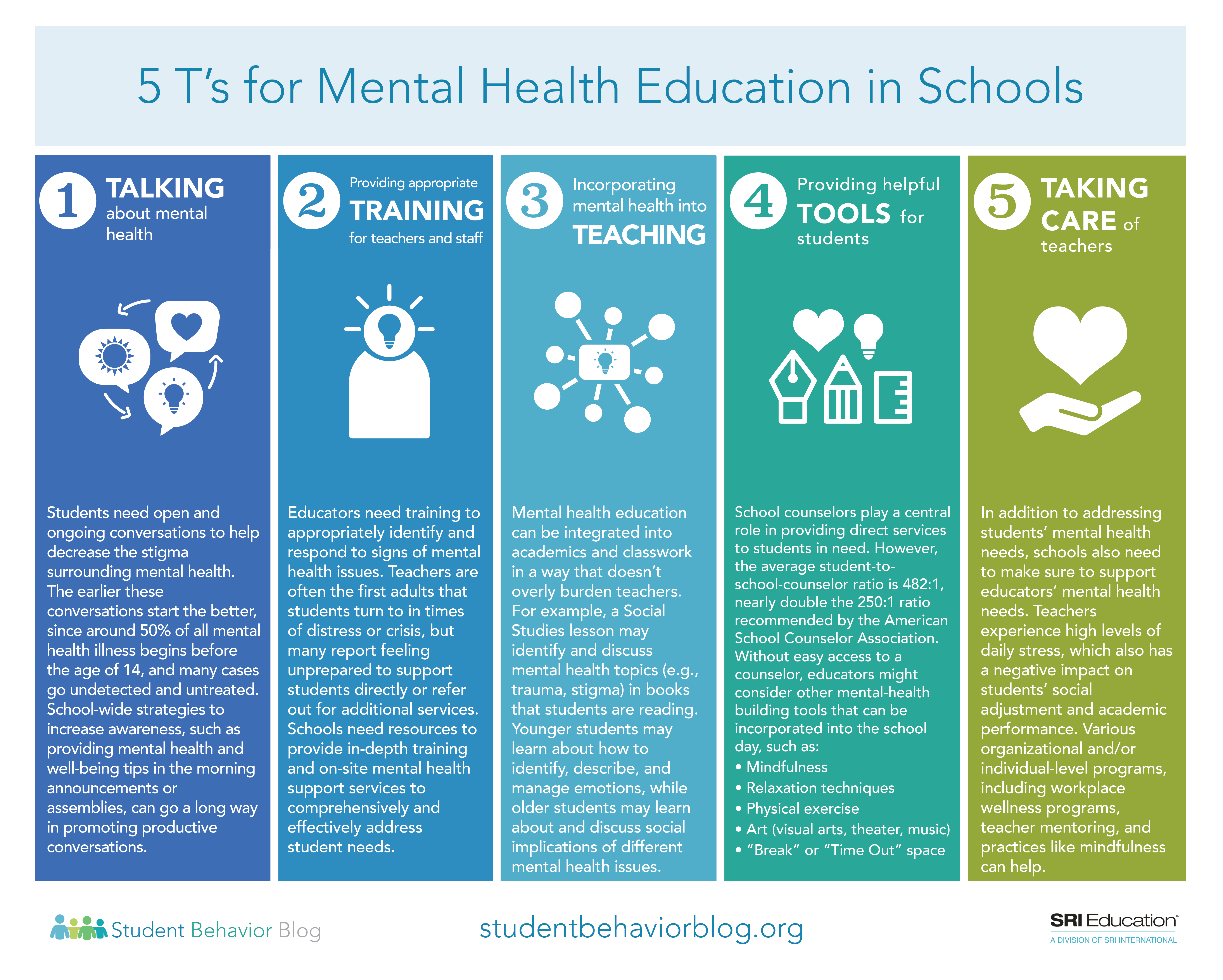
3. Strategies for Building Emotional Well-being
Learn about evidence-based strategies that help in fostering emotional well-being among young learners. From implementing social-emotional learning curricula to creating a positive classroom environment, these strategies aim to nurture the mental health of primary school students.
1. Promoting Social and Emotional Learning (SEL)
Social and Emotional Learning is a key strategy in building emotional well-being in primary school students. By integrating SEL into the curriculum, students can develop skills such as self-awareness, self-management, social awareness, relationship skills, and responsible decision-making. Providing opportunities for SEL through various activities, lessons, and discussions can greatly enhance students' emotional well-being and help them develop healthy coping mechanisms.
2. Creating a Safe and Supportive Environment
Primary schools should strive to create a safe and supportive environment that promotes emotional well-being. This can be achieved through implementing anti-bullying policies, fostering positive relationships between students and teachers, and encouraging open communication. Having a safe space where students feel valued, respected, and heard can significantly impact their emotional well-being and overall mental health.
3. Offering Access to Mental Health Support Services
Primary school mental health policies should include provisions for offering access to mental health support services. This can involve having qualified mental health professionals available for counseling and providing resources for parents and guardians. Early identification and intervention for students experiencing emotional difficulties are crucial in building emotional well-being. By providing access to mental health support services, primary schools can effectively address emotional issues and promote a healthier learning environment.
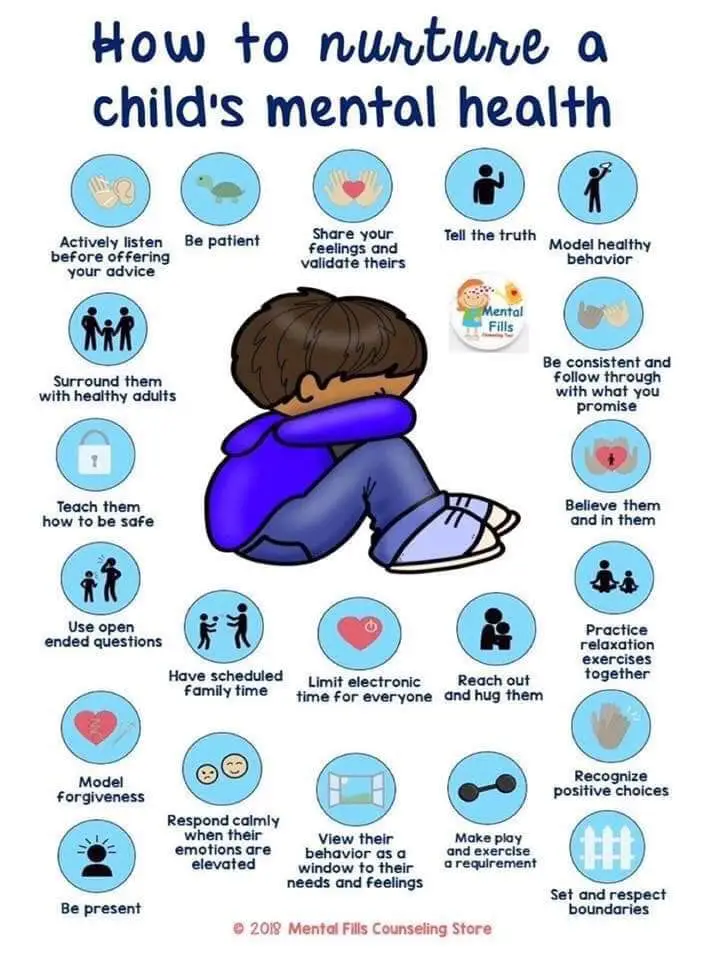
4. Providing Support Systems
Understand the importance of establishing support systems within primary schools. This section highlights the significance of school counselors, psychologists, and other professionals in creating a safe space for students to seek help and support.
As part of our commitment to the well-being of our students, we have implemented a comprehensive mental health policy in our primary school. This policy aims to provide appropriate support systems to promote positive mental health among our students.
1. Promoting Awareness and Education
We believe that promoting awareness and education about mental health is crucial. We organize workshops and presentations for both students and staff to enhance understanding of mental health issues. Through these sessions, we strive to reduce stigma and ensure early identification of any mental health concerns.
2. Creating a Safe and Supportive Environment
A safe and supportive environment is essential for fostering good mental health. We actively work towards creating a nurturing atmosphere where students feel comfortable expressing their emotions. Our teachers are trained to identify signs of distress and offer immediate assistance to those in need.
3. Establishing a School Counseling Program
To further support our students, we have established a dedicated school counseling program. Trained counselors are available on-site to provide confidential counseling services. Students can seek guidance for various issues, including academic stress, personal problems, and emotional challenges.
4. Collaborating with External Agencies
We understand the importance of collaborative efforts in supporting our students' mental health. We actively collaborate with external agencies, such as mental health professionals, pediatricians, and community organizations, to provide a holistic approach to mental health support. This partnership allows us to refer students to specialized services whenever necessary.
Overall, our primary school mental health policy focuses on providing comprehensive support systems that promote the overall well-being of our students. By addressing mental health concerns early on, we aim to create a positive and inclusive environment where all students can thrive.
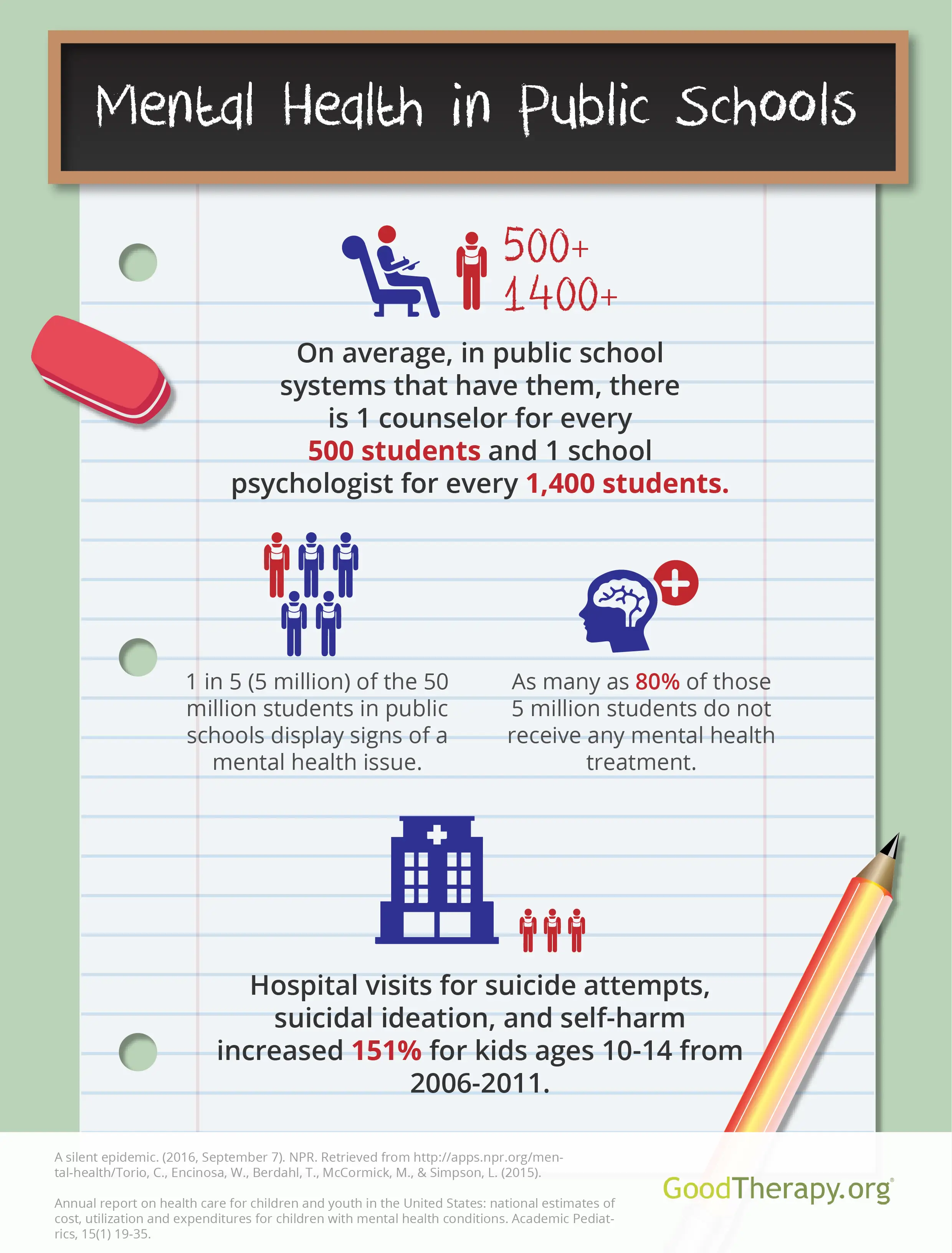
5. Training and Resources for Educators
Discover the training and resources available for educators to better understand and address mental health concerns among students. Learn about workshops, online courses, and other opportunities that enable teachers to develop their skills in supporting students' mental well-being.
About Primary School Mental Health Policy
Primary school mental health policy refers to guidelines and measures aimed at promoting the mental well-being of students in primary schools. It encompasses various aspects, including creating a supportive environment, addressing mental health issues, providing resources, and implementing appropriate strategies to support the mental well-being of both students and educators.
Importance of Training and Resources for Educators
Training and resources are essential for educators to effectively implement primary school mental health policy. These resources enable educators to understand and recognize the signs of mental health issues, identify appropriate interventions, and create a nurturing environment that fosters positive mental health among students.
Types of Training and Resources
1. Workshops and Seminars: Educators can attend workshops and seminars conducted by mental health professionals and experts. These sessions provide valuable insights into various mental health issues, strategies for early intervention, and techniques to support students' emotional well-being.
2. Online Courses and Modules: Online platforms offer self-paced courses and modules specifically designed for educators. These courses cover topics such as mental health awareness, stress management, promoting resilience, and developing inclusive classrooms.
3. Resource Kits and Manuals: Schools can provide educators with comprehensive resource kits and manuals that offer guidance on implementing primary school mental health policies. These resources may include practical strategies, activity ideas, and references to relevant support services.
4. Collaborative Networks: Establishing collaborative networks allows educators to connect with mental health professionals, school counselors, and other educators. This enables sharing of best practices, accessing expert advice, and obtaining ongoing support in addressing mental health concerns within the school community.
Benefits of Training and Resources
1. Improved Understanding: Training equips educators with a deeper understanding of mental health issues, reducing stigma and enabling early identification and intervention.
2. Enhanced Support: Educators with proper training can provide students with the necessary emotional support, ensuring their overall well-being.
3. Creating Safe Spaces: Knowledge gained through training helps educators in creating safe, inclusive, and supportive classroom environments, where students feel valued and can express their emotions freely.
4. Effective Implementation: Training ensures that primary school mental health policies are effectively implemented, leading to positive outcomes for students and educators alike.
Training and resources are crucial for educators to effectively address the mental health needs of primary school students. By providing educators with the necessary tools and knowledge, primary school mental health policies can be successfully implemented, promoting a positive and nurturing environment for all.
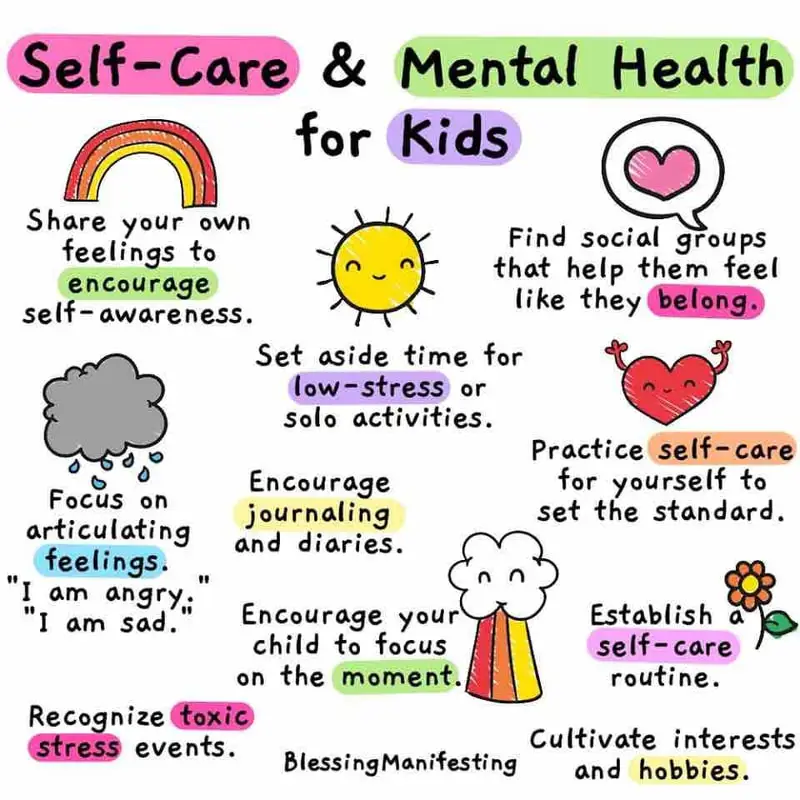
6. Community Partnerships
Explore the role of community partnerships in promoting mental health in primary schools. This section discusses collaborations with parents, mental health organizations, and other stakeholders to ensure a comprehensive and integrated approach to mental well-being.
In our primary school, we understand the significance of mental health in the overall well-being and development of our students. As part of our commitment to providing comprehensive support, we have implemented community partnerships within our mental health policy.
Why Community Partnerships?
Community partnerships allow us to harness the expertise and resources available outside our school premises. By collaborating with community organizations, mental health professionals, and local authorities, we can create a holistic and tailored approach to addressing mental health concerns among our students.
What Do Community Partnerships Entail?
Our community partnerships involve working closely with various stakeholders to establish a network of support. This includes:
- Local Mental Health Professionals: We collaborate with licensed psychologists, counselors, and therapists who provide specialized assistance and counseling services to students in need.
- Community Organizations: We engage with local organizations that focus on mental health advocacy and support, facilitating workshops, presentations, and events to raise awareness and provide resources to students, parents, and teachers.
- Parent and Teacher Involvement: We encourage active involvement from parents and teachers in shaping our mental health policy. Their feedback, ideas, and concerns are valued in order to create an inclusive and effective support system.
- Local Authorities: We collaborate with local government agencies and authorities to access additional resources and implement policies that promote mental health well-being.
The Benefits of Community Partnerships
By incorporating community partnerships in our mental health policy, we are able to:
- Enhance the quality and accessibility of mental health support available to our students.
- Expand the range of resources and services that address various mental health challenges.
- Promote a collaborative and supportive environment where students feel safe to discuss their mental health concerns.
- Facilitate a continuous learning process for our staff through professional development opportunities provided by our community partners.
- Establish a comprehensive and evidence-based approach to mental health care that takes into account diverse student needs.
Through our community partnerships, we aim to nurture the mental well-being of our students, helping them thrive academically, emotionally, and socially.
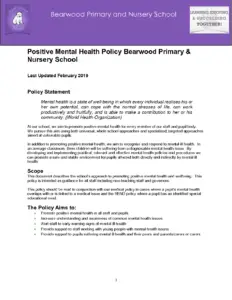
7. Evaluating Mental Health Policies
Learn about the importance of evaluating the effectiveness of mental health policies in primary schools. Discover different evaluation methods and tools that help assess the impact of interventions, allowing for continuous improvement in supporting students' mental health.
Primary school mental health policies play a crucial role in ensuring the well-being and emotional development of young students. It is essential to regularly evaluate these policies to gauge their effectiveness and make necessary improvements. Evaluation allows us to assess whether the implemented strategies are addressing mental health issues adequately or if modifications are needed.
Evaluating mental health policies involves several key steps. First, data collection is necessary to gather information about students' mental health needs, existing policies, and their impact. This can be achieved through surveys, interviews, and analysis of relevant records.
Once the data is collected, it should be analyzed to identify patterns, trends, and areas that require attention. This analysis helps in identifying the strengths and weaknesses of the existing policies and provides a foundation for making informed decisions.
After analyzing the data, it is essential to involve various stakeholders, including teachers, parents, and mental health professionals, in the evaluation process. Their input can offer valuable insights and perspectives on the policies' implementation and effectiveness.
Based on the collected data and stakeholder input, the evaluation team can recommend adjustments or new initiatives that could enhance the primary school mental health policies. These recommendations may include targeted interventions, additional staff training, or revising existing guidelines to better address students' mental health concerns.
Furthermore, evaluating mental health policies should be an ongoing process rather than a one-time event. Regular evaluations allow schools to monitor the impact of implemented changes, identify emerging issues, and adapt policies accordingly. This flexibility ensures that the mental health needs of primary school students are consistently addressed and prioritized.
In conclusion, evaluating mental health policies in primary schools is vital for maintaining the well-being of students. It involves data collection, analysis, stakeholder involvement, and continuous monitoring. By evaluating and improving these policies, we can create a nurturing environment that supports the mental health of young learners.
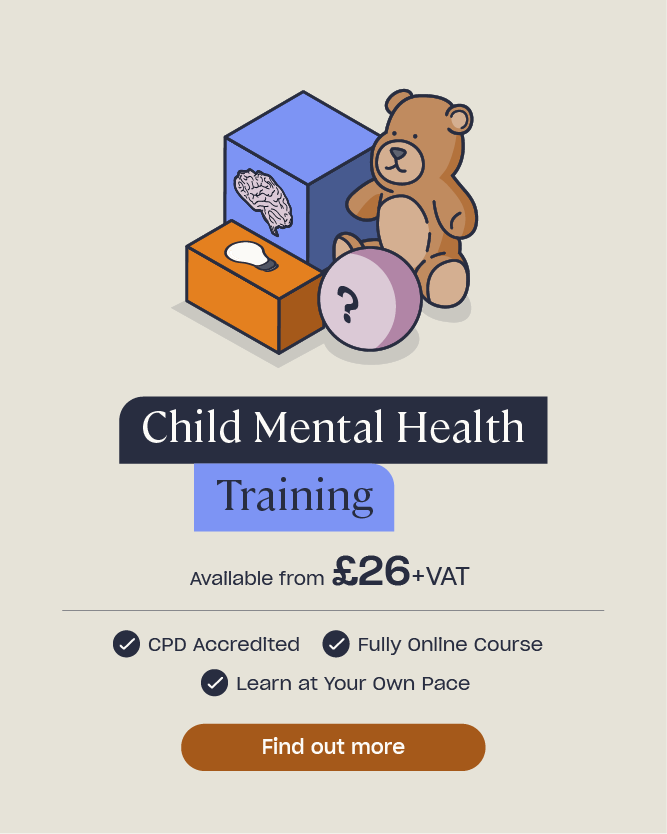
Key Takeaways
- Developing a robust mental health policy is essential for promoting emotional well-being in primary schools.
- Initiatives such as peer support groups, mindfulness activities, and anti-bullying campaigns contribute to a positive mental health environment.
- Evidence-based strategies for building emotional well-being should be integrated into the curriculum and classroom practices.
- Providing access to support systems within schools, including counselors and psychologists, helps students cope with mental health challenges.
- Teachers can benefit from specialized training and resources to better understand and address students' mental health concerns.
- Collaborations with parents, mental health organizations, and the community create a comprehensive approach to promoting mental well-being.
- Evaluation of mental health policies enables continuous improvement and ensures effective support for students' mental health needs.
FAQ
1. Why is mental health important in primary schools?
Mental health is crucial in primary schools as it significantly impacts students' overall well-being, academic performance, and social development.
2. What are some common signs of mental health challenges in young learners?
Signs may include changes in behavior, frequent mood swings, social withdrawal, decreased interest in activities, and academic decline.
3. How can teachers support students' mental health?
Teachers can create a safe and inclusive classroom environment, implement social-emotional learning programs, and provide opportunities for open discussions about mental health.
4. Are there resources available for parents to support their child's mental health?
Yes, parents can access various resources such as books, workshops, and online platforms that offer guidance on understanding and addressing mental health concerns in children.



Recent Comments